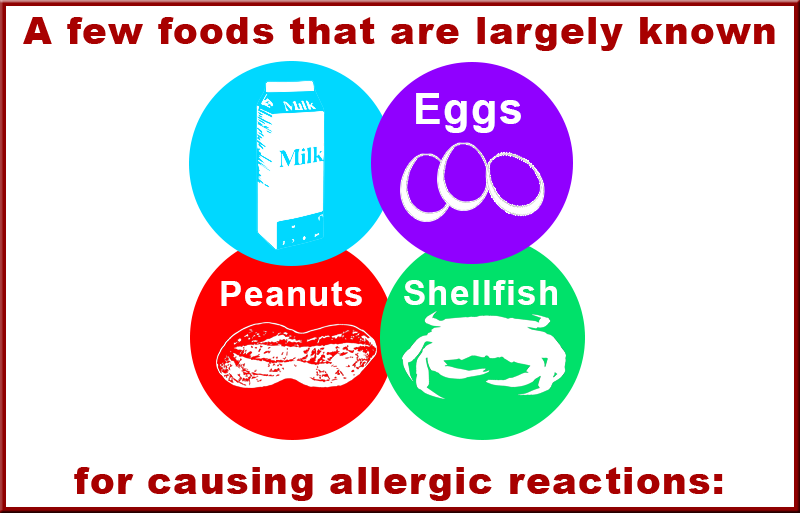A food allergy is your immune system overreacting to a certain protein found in that food. Sometimes, even coming into contact with a small amount can trigger an allergic reaction to it. Food allergies are usually first diagnosed in young children, although they can also appear in older children and adults. Food Allergies

An allergic reaction normally occurs within minutes of eating one of the trigger foods, although sometimes can appear a few hours later.
Some symptoms to look out for are:
More severe reactions are:
Properly diagnosing food allergies is very important especially with the severity of some of the symptoms. There are some cases are cause by a food intolerance and not a food allergy. Skin tests and blood work can be performed to confirm food allergies. With milder symptoms our allergist may want you to keep a journal of your intake. Maybe remove something from your eating habits and slowly reintroduce it gradually to see if the symptoms return.
The first step after beinig diagnosed with a food allergy is to strictly avoid that food. There is currently no cure for food allergies except to avoid coming into contact with it. There are steps to help manage your allergies.
Always read food labels to confirm you will not eat anything which you are allergic to. If you are eating foods prepared by others (family,friends or at a restaurant) inform them of your allergy and confirm that it’s not being used in the food you ingest.